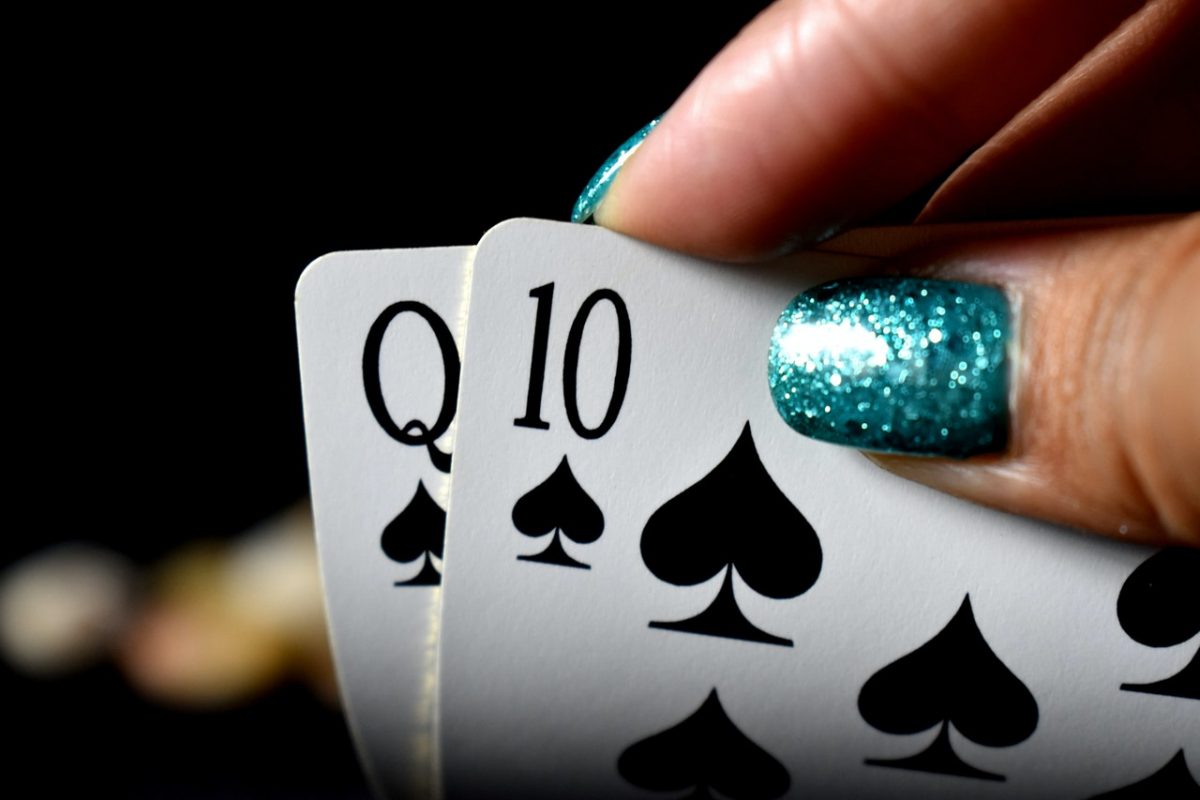Poker requires much more than luck. For the game to pay big money, you need to make good bets. You should therefore take into account different parameters. Each round, you need to conduct a real analysis. Here are a few things to think about.
Try to think multi-level in Poker
Multi-level thinking is a way of controlling all the events that take place around a poker table. Known as MLT, this technique consists of exploring several avenues. It starts with understanding the hand you have. First, you should recall the different rankings to find out which one would be closest to your own. In short, it is a reminder of the rules of the game. Ideally, you should play a Royal Flush Straight or a Square Ace. That said, you can be satisfied with a straight flush or a straight flush or a three of a kind. Fulls and Doubles are also possible. These are all paid combinations, as long as you have the best hand around the table. You will have to try to guess your opponent’s cards. The bet you make depends on it. This check is done in different ways. When a participant “checks”, it means that 5 pieces don’t give him or her an advantage yet. In short, you will have to decipher the first actions. The other players will also analyse what is going on to estimate your hand. Thus, they spy on each of your gestures. You have the possibility of distorting them with a Bluff.
Estimate your opponents’ hand
The game in which you try to guess the opponent’s hand counts for a lot in the logic of poker. The interpretations are going well, but you will learn to refine your intuition as you go along. Sometimes, everyone goes to bed except a cunning player. That person then decides to raise by betting more. In addition, he or she will try a “short-stack”. All these gestures suggest that this opponent has two pairs of Aces or a straight of Kings. That said, you should avoid jumping to conclusions. These “show-offs” are more about getting you to react. This way, the opponent can better spy on your every move. It’s likely that this person is likely to make just a minimum raise or fold. He or she has simply managed to mislead others. It doesn’t stop there. The next level of thinking is to understand what the opponent thought he knew. You then play his own game based on the discard and bluff. In other words, learn to lie skillfully.
Other areas to think about
Poker is not a game of reflection or philosophy. You can be content with primary thoughts by focusing on your hand. After all, it is the decisions you make about your cards that make you win or lose. Insist on the Blindes you should make. If you hold a pair or a straight start, just hope you have better picks. That said, the situation becomes much more complex. Acknowledge that you have to act delicately if you’re in the middle of a Deep Stack No Limit. In this context, players tend to make flops and other manoeuvres that you should try to understand. Remember that you will need to think carefully about your opponent’s hands. Also remember that your opponent may base their actions exclusively on their cards without considering yours. To go further, learn flop or bluffing techniques developed by the Masters of Poker and which are now the subject of advice books.

